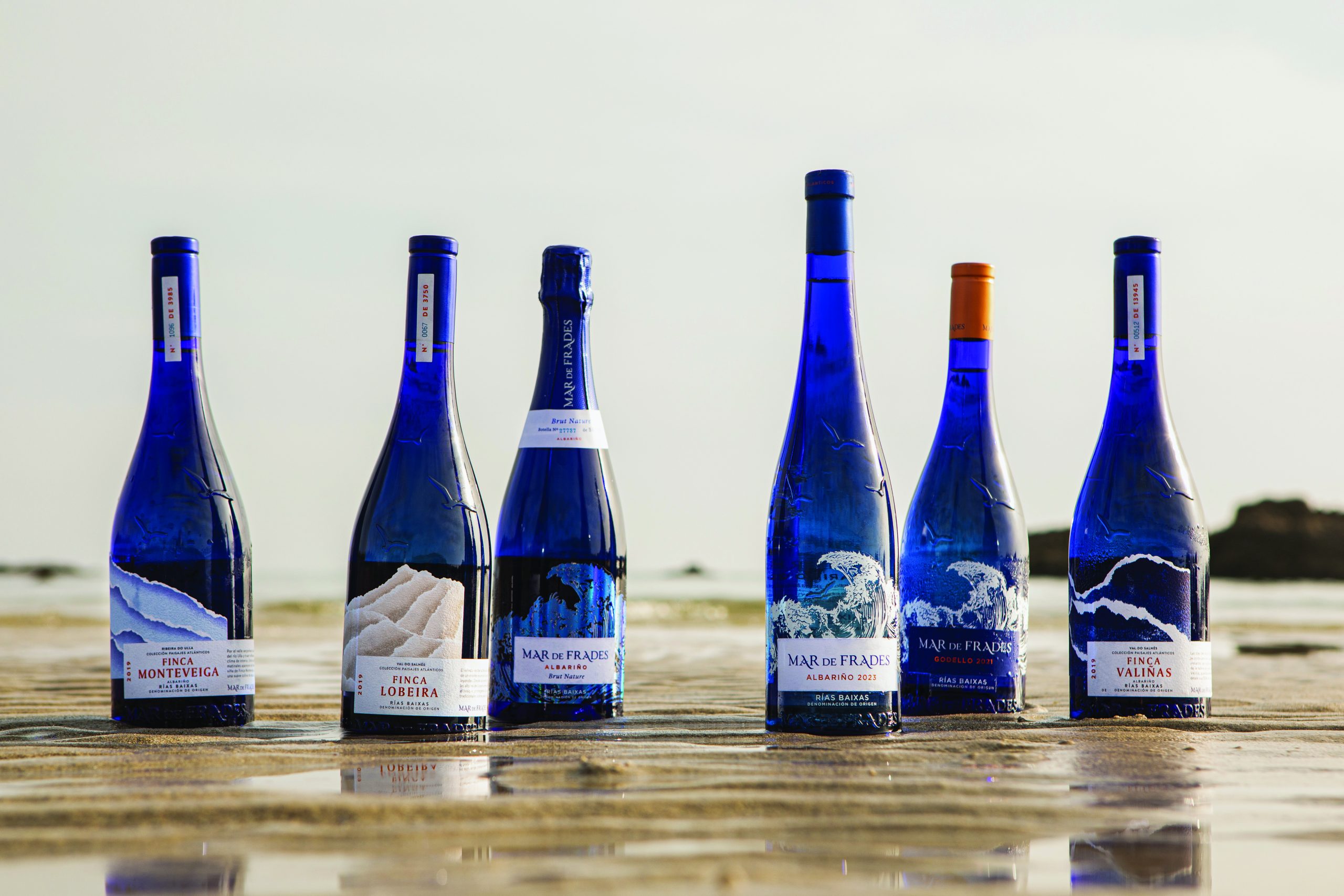Garda DOC may launch ‘super-premium’ canned wines for yacht set
At a recent event held on the shores of Lake Garda, the DOC revealed it was considering “opening up” its rules to include the production of canned wines for those sailing on the lake, db can reveal.

“I believe there are opportunities,” Paolo Fiorini, president of the Garda DOC, said at the third annual Garda Wine Stories event held in Lazise, Verona last week. “We have no taboos and the fact that we are a young appellation makes it possible.”
According to Fiorini, the DOC has “thought about changing the rules to accommodate them [canned wines] but it is a lengthy process. However, we believe strongly that we are the right appellation to introduce different formats as they become possible through the development of technology.”
A range of super-premium canned wines could be an attractive prospect for the super-yacht set, as well as those holidaying more modestly in the Lake Garda area.
“Imagine people who are wealthy and have wonderful boats, and prefer not to have glass bottles on board because they could break,” said Fiorini. “Cans are a very viable option, and could be a smart solution.”
Garda DOC is a vast region, encompassing many different areas around the lake including Lombardy and Veneto, but, says Fiorini, “there is a growing idea of working together to exploit the commercial opportunities of the lake.”
These include touristic activities such as sailing, hiking and biking.
The president also claimed that “Gen Z should be the focus” of the DOC, as “compared with the same age group 30 years ago they have a much higher spending capacity, certainly in Italy”, meaning that wine fans born between 1997 and 2012 may be prepared to pay a premium price for a Garda DOC canned wine.
Fiorini is also the head winemaker for co-operative producer Cadis 1898, which has wine estates in Soave and Valpolicella, with wines currently available through own-label collections at Tesco, Morrisons and Aldi in the UK.
Partner Content
“This new denomination [Garda DOC, created in 1996 and remodelled in 2016] has made all the producers come together and experiment,” says Alberto Marchisio, general manager, Cadis 1898. He adds that the shared goal is to “tap into the emotions, experience and beauty” of Lake Garda in order to embark on “a new challenge”.
Sommelier push
Along with canned wines, there are opportunities to expand within the on-trade and enlist more sommeliers, as according to Professor Eugenio Pomarici, who conducted a recent body of research into the workings of Garda DOC, “Garda wines are latent on the wine lists of restaurants in some countries, which favour the historical Italian appellations.”
“We should be better known and acknowledged in the restaurant sector,” he said. “We are starting to work on this and to communicate our value. We should put aside all notions of lowering prices.”
Garda DOC is focusing on the quality of its varietal Pinot Grigio and Chardonnay wines in order to secure a more premium position in the global wine market for ‘brand Garda’. Currently, around 51% of Garda wines are exported, with the UK and Germany the appellation’s top export markets, while 48.5% of wines remain in the domestic Italian market.
A recent deep-dive into Google searches funded by the Garda DOC, revealed that searches for Garda surpass other nearby Italian regions including Lugana and Valpolicella, and producer members are hoping to capitalise on the consumer association between the popular tourist destination and its wines.
Earlier this year, the drinks business reported that scientists had discovered how producers can improve the aromatics of their canned wines. Following a multi-year research project the team New York State College of Agriculture and Life Sciences found that the culprit for the “off smell” in canned wine is the “molecular” Sulphur Dioxide (SO2) used by winemakers as an anti-microbrial.
Based on the research, team leader Gavin Sacks, Ph.D, and co-lead authors Austin Montgomery and Rachel Allison, Ph.D, recommend that winemakers limit their SO2 limit to 0.4 ppm.
“We’re suggesting that winemakers aim for the lower end of what they’re normally comfortable with,” said Sacks.
If they do so, he says, their canned wines can be stored for up to eight months with fewer adverse effects.
Related news
Castel Group leadership coup escalates
For the twelfth day of Christmas...
Zuccardi Valle de Uco: textured, unique and revolutionary wines




